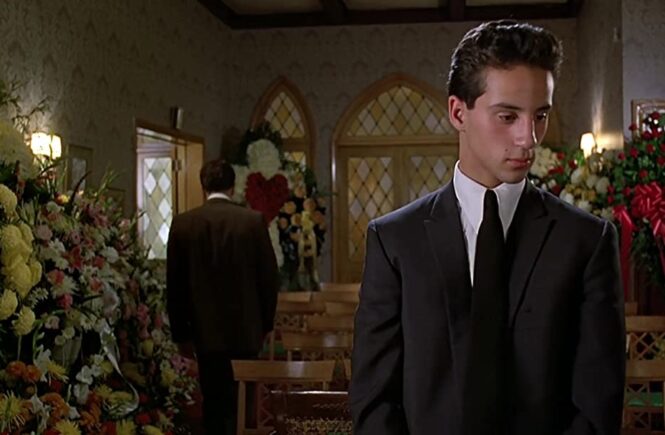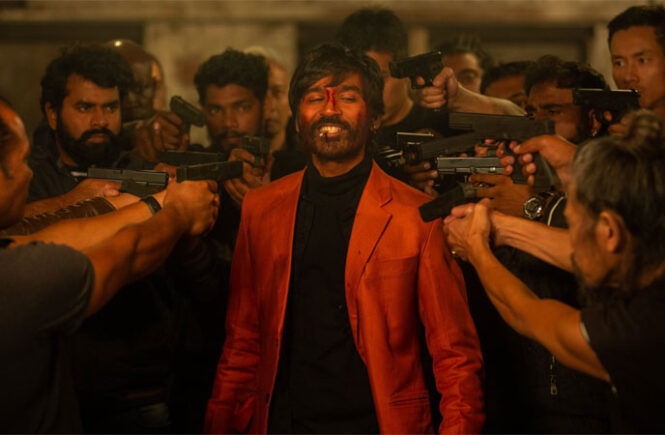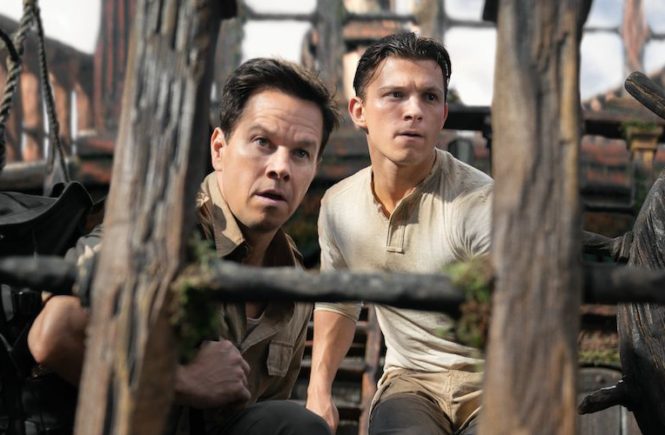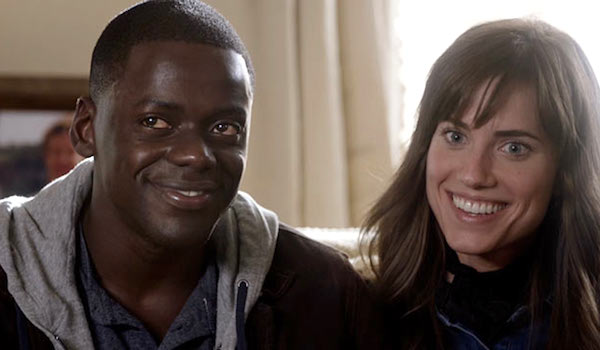
As I watched “A Bronx Tale” I found myself slowly being washed away into another world itself, experiencing a certain joy that only comes out of watching films about people and places that no longer exist. I’ll never see street gangsters speaking with just their three fingers or the never-ending cycle of young men batting balls in the middle of the street as money gets collected from people at barbecues not but five feet away, or even the characters that have seen it all and spell out their experiences through snippets of advice. Yet, in “A Bronx Tale”, I saw them all. But “A Bronx Tale” is more than this, it also became the first time that I saw the difference between men who drudge along in life and those who choose to.
The film is set in the 1960s and follows the life of Calogero, the son of a bus driver, and the friend of a local neighborhood gangster. “You could have all the talent in the world but if you don’t do the right thing, nothing happens”, says Lorenzo the bus driver. You shouldn’t let people tell you what to do, “nobody cares”, says Sonny the neighborhood gangster. These 2 ways of life clash in Calogero as he sees truth in both these ideals and finds that, “the saddest thing in life is wasted talent and the choices that you make will shape your life forever.” Its rather an elegant path between the two roads.
There is a lot to cherish in this film, from the characters to the story, they all grip you, make you laugh, cringe, and occasionally, bring you to tears. “A Bronx Tale” was the directorial debut of Robert De Niro, who is known better as an actor than a director, but it seems to me that he’s pretty good at doing both. He also plays the role of Lorenzo the bus driver, with the kind of fatherly stares that makes you feel guilty. However, not just De Niro, but all the actors in the film, Chazz Palminteri (Sonny), Lilo Brancato (Calogero), are fantastic. They bring about the mood in a way that breaks the barriers between the screen and you, letting the images flow into your lap.
“A Bronx Tale” has many great scenes of dialogue yet the most striking to me is the one where no words are spoken. One night, Calogero’s friends ask him to join them in destroying the black neighborhood, he agrees and gets in the car. Even while standing on the words of his father and Sonny, he still gets in the car. He knows its wrong, he knows he’s been taught better, yet he decides to stay in the car and utter not a word of objection.
The film is about values and how easy it is to fall to peer pressure, loose concentration on what you know is right and do the wrong thing. For Calogero this car ride would determine the course of the rest of his life, whether he would drudge along among the wasted talent or wake up everyday knowing he had a choice, but I’m not one to spoil that for you. Go see for yourself.




